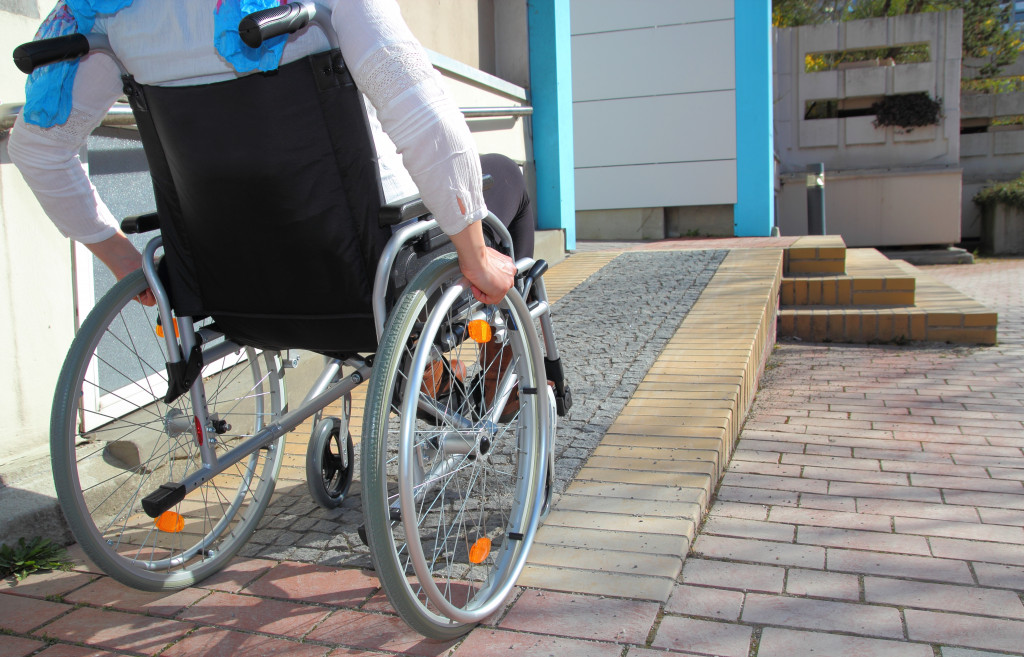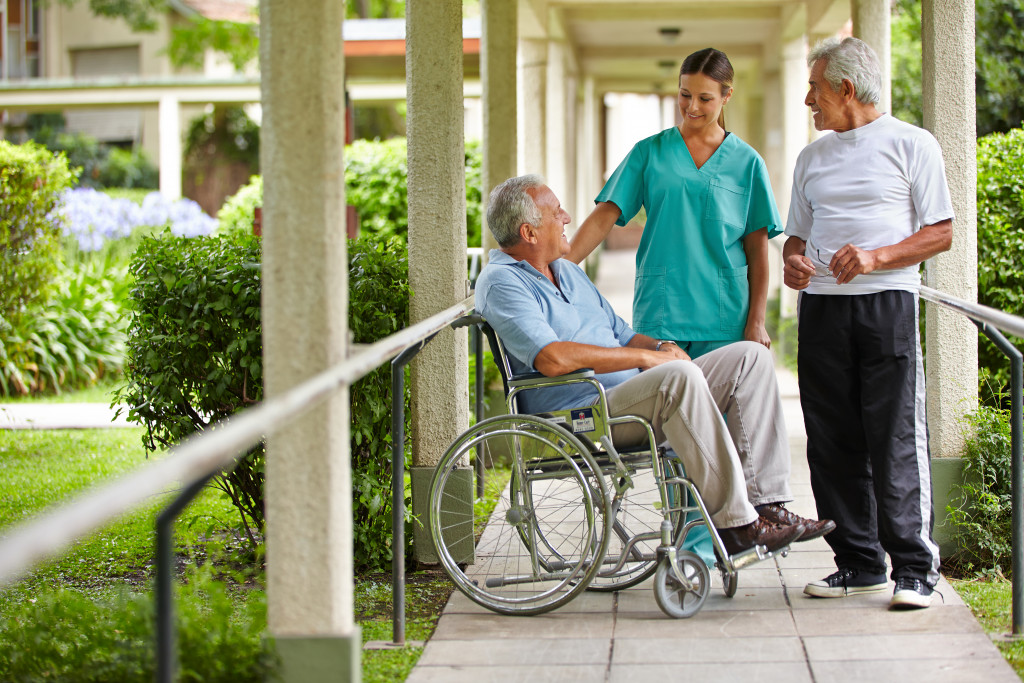- Educate yourself on your disability, rights, and available programs to understand your limitations and possibilities.
- Take care of your physical and mental health with enough rest, nutritious meals, exercise, and activities that bring joy.
- Consult with medical providers and government organizations to maximize care and access resources.
- Redefine what “normal” means for you and find new ways to do the things you love.
Everyone hopes for good health, but sometimes life throws people a curveball. If you’re newly disabled, you may feel overwhelmed and unsure how to move forward. But don’t worry; adapting to your new disability is possible, and it can become easier with time. This blog will teach you essential tips for adapting to your new disability. Whether you’re learning to walk with a prosthetic or mastering sign language, these tips will help you easily navigate your new routine.
Educate Yourself
Knowledge is power, and it’s crucial to educate yourself on your disability to understand your limitations and possibilities. Research accessible programs, services, and tools that may be available to you, such as adaptive equipment, community organizations, and vocational rehabilitation.
Understanding your rights under disability laws and regulations, such as the Americans with Disabilities Act, can protect your rights. Attend support groups, connect with others who have similar disabilities, and consult with your doctor or rehabilitation specialist to learn more about your disability and how to optimize your health.
Practice Self-Care
Adapting to a new disability might feel like adjusting to a new lifestyle, and it’s critical to prioritize self-care as you adjust. This will ensure you’re taking care of your physical and mental health during this time. Here are some steps you can take:
Get enough rest.

Getting enough rest is essential for your overall health. You may need to make some changes to your sleep schedule or environment, like using noise-blocking headphones or a comfortable mattress.
Eat nutritious meals.
Your diet is critical to maintaining energy and optimal physical functioning; ensure that you’re eating nutrient-rich foods throughout the day.
Exercise.
If medically approved by your doctor, exercise is a great way to stay active and reduce stress. Consider low-impact activities such as yoga, stretching, swimming, or walking.
Engage in activities that you enjoy.
Finding pleasure in activities and hobbies is an essential part of self-care. Whether you’re playing sports, listening to music, or reading a book, enjoy things that make you feel happy and fulfilled.
Establishing self-care strategies provides a foundation for coping with a new disability that ensures your physical and mental health remains a priority.
Seek Professional Expertise
Your medical providers should be an essential resource for adapting to your new disability. Make sure to stay in close contact with them during the transition and schedule regular check-ups to assess your function and the progress of any treatment. Your providers can also help you find ways to optimize your daily function, ranging from physical therapy to assistive devices to counseling services.
You can also take advantage of a variety of government programs and services that are specifically designed to help people with disabilities. These vary depending on where you are, so make sure to do your research and find out what’s available in your area.
If you’re in Australia, for example, you can access the National Disability Insurance Scheme (NDIS). This scheme provides support and funding to Australians with disabilities or permanent impairments. Just make sure you partner with a reliable NDIS service provider such as Top Grade Care. They are registered with the NDIS and provide a wide range of support services such as management and coordination of NDIS services, helping you discover job opportunities and more. They will help ensure you make the most of your NDIS funding and get access to the support you need.
Redefine Normal

Your life may have changed significantly, but that doesn’t mean you have to give up the things you love. Find new ways to continue doing those things that bring you joy. For instance, if you enjoy hiking but now need a wheelchair to do it, find parks and trails that are wheelchair-accessible.
If cooking is your passion, you could invest in assistive kitchen tools and make minor adjustments to your kitchen. The key to adapting to a new disability is reframing your mindset and embracing the challenge head-on.
Adapting to a new disability can be challenging, but it doesn’t have to limit your life. With the proper knowledge and resources, you can continue living an enjoyable life with newfound confidence and courage. By following the tips discussed in this blog, you can ensure that you’re prepared to face the challenges of your new disability.



